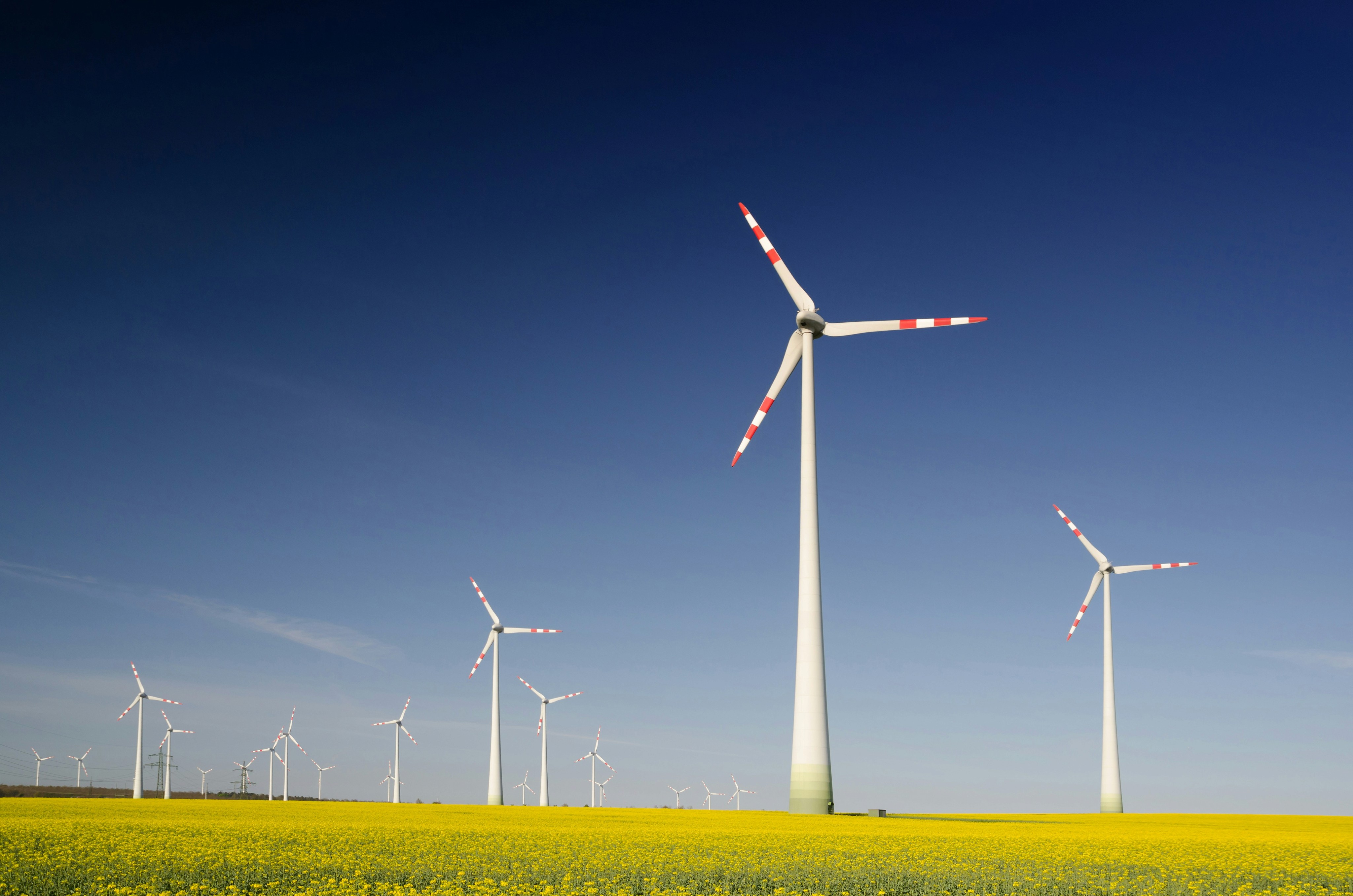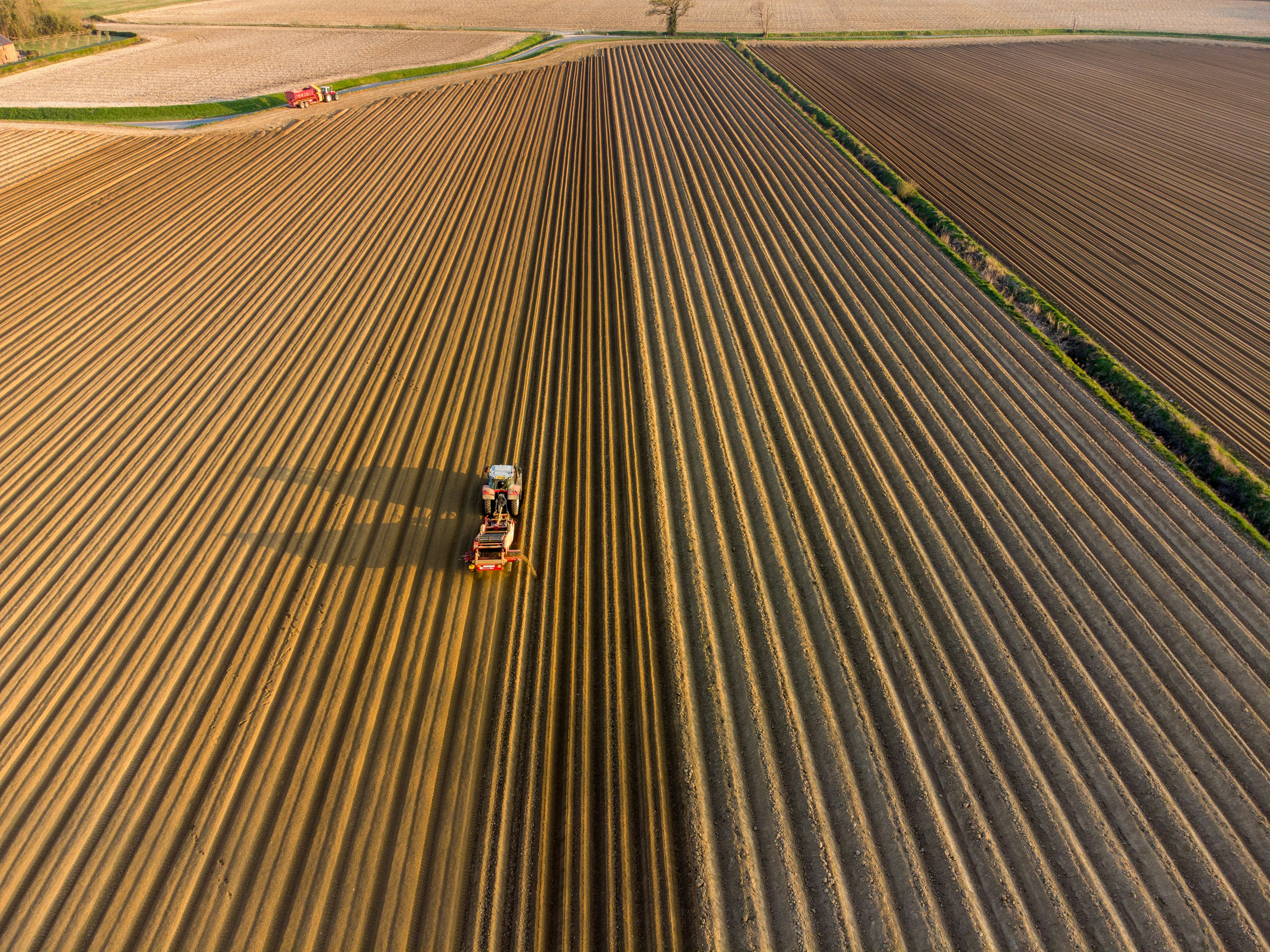Sustentabilidade decola: Drones movidos a energia solar na agricultura
Tech
6 de fev. de 2022
In the pursuit of sustainable farming practices, innovation continues to soar to new heights. One such innovation that holds great promise for agriculture is the emergence of solar-powered drones. These unmanned aerial vehicles, powered by renewable energy from the sun, are revolutionizing how farmers monitor and manage their fields while reducing their environmental footprint. In this article, we explore the potential of solar-powered drones in agriculture and their role in promoting sustainability in farming practices.
The Rise of Solar-Powered Drones
With the increasing focus on sustainability and renewable energy, solar-powered drones have emerged as a game-changer in various industries, including agriculture. These drones are equipped with photovoltaic panels that harness solar energy to power their flight operations, eliminating the need for traditional fuel sources and reducing carbon emissions. This innovative technology not only offers environmental benefits but also enhances efficiency and cost-effectiveness in agricultural operations.
Advantages of Solar-Powered Drones in Agriculture
Environmental Sustainability: Solar-powered drones offer a sustainable alternative to conventional drones powered by fossil fuels. By harnessing renewable solar energy, these drones reduce carbon emissions and minimize environmental impact, contributing to a greener and more sustainable farming industry.
Extended Flight Time: Solar-powered drones have the advantage of extended flight time compared to battery-powered drones. With continuous access to solar energy, these drones can operate for longer durations, allowing farmers to cover larger areas and collect more data without the need for frequent recharging or battery replacements.
Cost Savings: While the initial investment in solar-powered drone technology may be higher than traditional drones, the long-term cost savings can be significant. By eliminating the need for fuel and reducing maintenance costs associated with traditional drones, solar-powered drones offer a cost-effective solution for farmers looking to enhance their aerial monitoring capabilities.
Remote Monitoring and Precision Agriculture: Solar-powered drones equipped with advanced sensors and imaging technology enable farmers to monitor their fields with precision and accuracy. From detecting crop health issues to assessing soil conditions and pest infestations, these drones provide valuable insights that empower farmers to make informed decisions and optimize their farming practices.
Versatility and Adaptability: Solar-powered drones are versatile tools that can be customized to meet the specific needs of different agricultural operations. Whether used for crop scouting, mapping, or spraying, these drones offer flexibility and adaptability to suit a variety of farming applications, from small-scale family farms to large commercial operations.
Case Studies and Success Stories
Numerous case studies and success stories highlight the effectiveness of solar-powered drones in agriculture:
Increased Crop Yields: Farmers using solar-powered drones have reported improvements in crop yields and quality through timely detection and management of crop health issues.
Cost Reductions: By eliminating the need for fuel and reducing maintenance costs, solar-powered drones have helped farmers save money while improving operational efficiency.
Environmental Benefits: The adoption of solar-powered drones has resulted in reduced carbon emissions and environmental impact, contributing to a more sustainable farming industry.
Future Outlook
As solar-powered drone technology continues to evolve, the future looks promising for its widespread adoption in agriculture. With ongoing advancements in solar energy efficiency, drone design, and data analytics, solar-powered drones have the potential to revolutionize farming practices and promote sustainability on a global scale.



